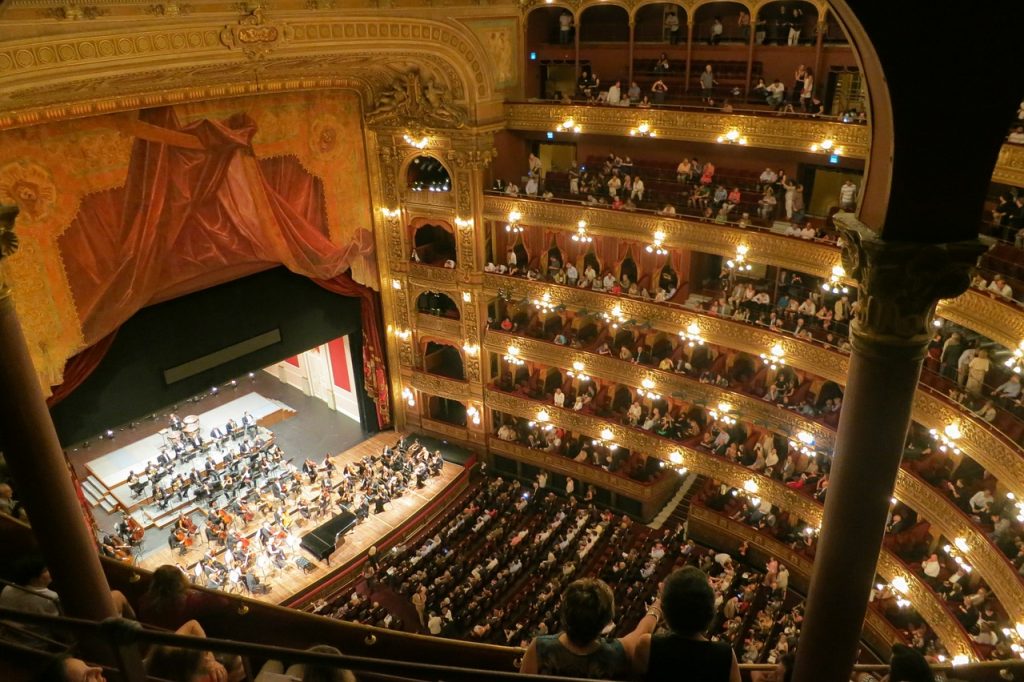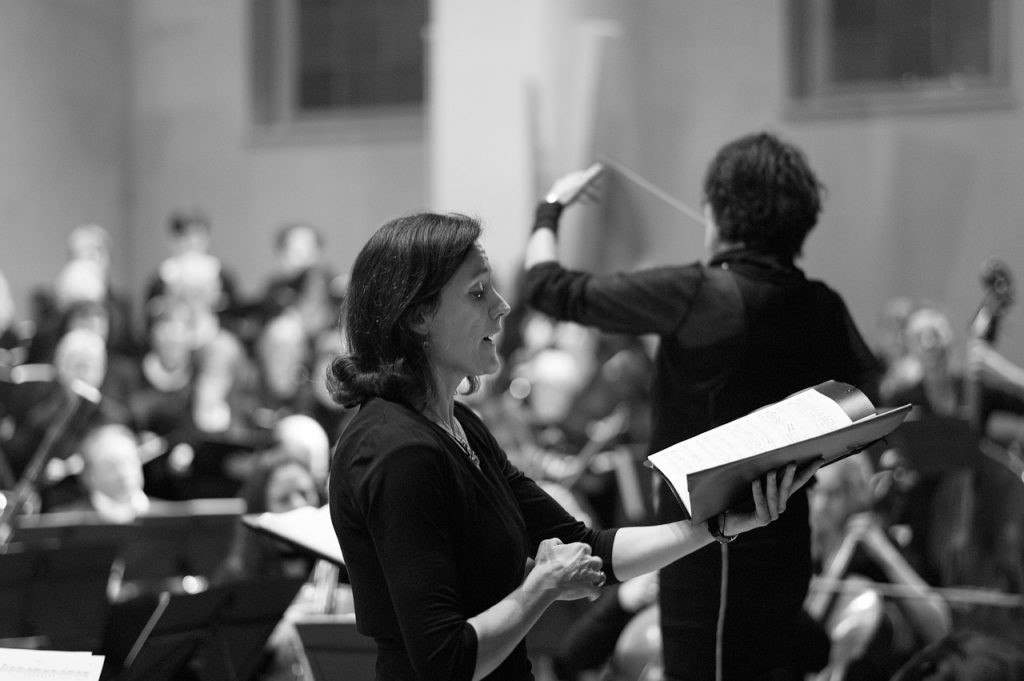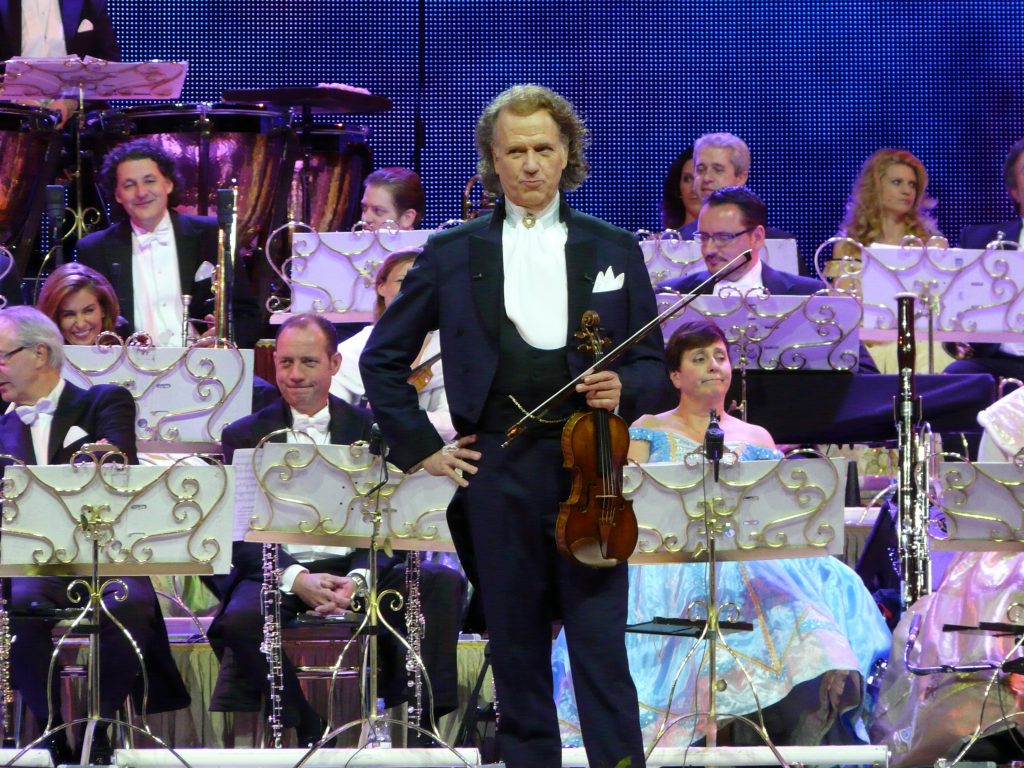We hear more and more new parents and pregnant women playing classical music for their infants and for their unborn babies because they want to help grow and develop their little ones’ brains and cognitive functions. And we cannot help but wonder whether there is a real appreciation of the value of classical music or is this something done just because others said so. The chances of these little ones to discover a genuine appreciation of classical music are high, but this is something that needs to be supported within the household. A love for this genre is something cultivated and nourished throughout the years. Therefore, if you plan on your child having such inclinations, know that you need to do much more than listen to classical music in these early phases. So, how do you start listening to classical music for real?
LEARN TO LISTEN TO CLASSICAL MUSIC LIKE A PRO

Flute and sheet music
1. Everybody has to start somewhere
Where to start from when you are talking about a genre that has been developed for more than 5 centuries? How about the “all-time favorites”? There are some timeless tunes that everybody can recognize from cartoons and movies and which you have hummed from time to time without knowing. Explore these first preferences before you start to listen to classical programs which might turn you off if you lack the patience or understanding. Once you identify these pieces, try to discover what they have been used as soundtrack for. It will give you an idea of how they can be interpreted. For example, the overture of the William Tell opera is a high-energy piece used almost excessively for chase and hunt scenes, one of the most popular of all being the soundtrack for the Lone Ranger in all its renditions.

Orchestra concert
2. Listen to it in high quality
Once you discover something you really like, do not be afraid to listen to it a lot. Unlike one-time hits we are so accustomed to, classical music has produced pieces that have survived through the ages. You are perfectly safe listening to them on repeat without fear that you won’t stand them anymore. Also, if you invest in a good sound system, you might even discover new elements, new things from one audition to the other. And this is the beauty of classical music. It is so layered, so complex, so versatile and inspiring that you only run the risk of falling in love deeper and deeper.

Concert
3. Understanding context
All music tells a story. But while some of today’s more popular songs are limited to praising cars and shallow relationships, classical music tells a story that is much deeper than immediate comprehension. Apart from opera and ballet, who are epical musical representations of beautiful stories, every other masterpiece helps us see the wonders of this world through the eyes of the composer. For example, can you look at a budding tree and feel uplifted without hearing in your head Vivaldi’s Spring? Or do you imagine a dream wedding without Pachabel’s Canon in D? These musical pieces have managed to survive through the ages because their message is eternal and it applies in all contexts. The beauty of spring is relevant anywhere because it represents an awakening of nature after winter. It is not about a particular type of flower or a garden in a specific city, it applies to all of nature shaking off winter and coming back to life. Just like Pachabel’s masterpiece does not refer to a certain bride or a specific setting. It refers to the frailty of every bride on this beautiful day, on the heavenly glow and blessings that fall upon the event and all of the participants. These things are eternal and they will give you a better understanding of this type of music.
4. Go to an ample classical music event

Andre Rieu Concert
People who have never been to a classical music concert may live with the impression that these events are just as boring as class auditions when the teacher forced students to listen to something they did not well understand. However, if you pick a concert with music you can already recognize, written in a context you are already familiar with, you will enjoy it. A lot! Not only is the live experience uplifting and amazing, but if you have the opportunity to listen to it in a class A hall with great acoustics, you will become hooked forever.
Not to mention the fact that an elegant classical music event might be something you might actually enjoy more than you expect. The setting, the orchestra, the people attending the event, the way in which everybody enjoys the music, the inter-mezzo and the elegant chairs, the nice venue. Try it out! You won’t regret it.
5. Nurture your newly discovered passion for classical music
As mentioned before, there are 5 centuries of music you could cover. From the most popular creations to the ones reserved for connoisseurs, there is a lot to discover. You can keep to your initial preferences, but we doubt curiosity will not guide you toward different pieces. After all, there is so much to listen to and so much to read about classical music that you can easily turn it into a hobby and from time to time dedicate yourself to the study of a certain composer or of a certain current in music. You will be surprised with the connections you will start to make all by yourself.
6. Avoid the blasé, but do look for the company of other classical music lovers
If you thought hipsters and their opinions on mainstream music are annoying, wait until you meet a person who is blasé about their knowledge of classical music. Although we do not deny the fact that they might have some information and interesting insights to exchange during a conversation, these people make it their business to be constantly dissatisfied with everything. And this can really ruin things for you. You could be leaving a concert excited about the event and the acoustics, only to see them shake their heads at the pianist whose performance was beneath what they once experienced somewhere else. Let them go. They will not enrich your experience.












